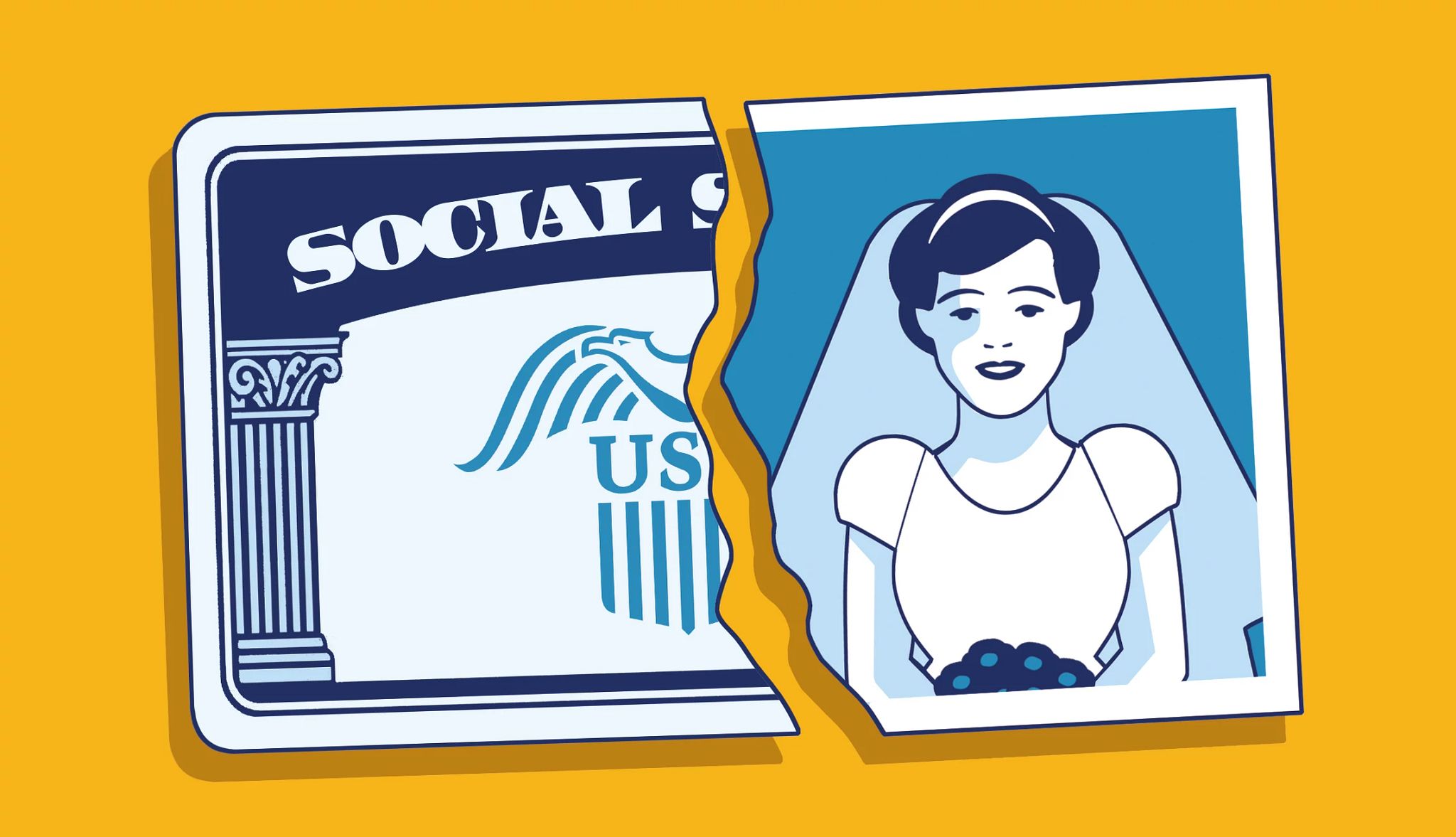AARP Hearing Center


Divorced people may be able to collect survivor benefits on the work record of a deceased former spouse. Generally, you will qualify if you meet these criteria:
- The marriage lasted at least 10 years.
- You are at least 60 years old (at least 50 if you have a disability) or you are caring for a child from the marriage who is under 16 or has a disability that began before age 22 (in which case, there is no age or length-of-marriage requirement).
- You are single or you remarried after turning 60 (50 if you have a disability). If you remarried before that age and are still with that spouse, you cannot claim survivor benefits on the record of a deceased ex.
According to the most recent available data from the Social Security Administration (SSA), approximately 466,000 people — 96 percent of them women — were collecting survivor benefits on the earnings record of a deceased former spouse in December 2024. Here are some key things to know about survivor benefits for divorced spouses.
How much will I get?
If you claim survivor benefits at 60, the minimum eligibility age for most people, you get 71.5 percent of the amount your deceased ex-spouse was getting from Social Security when they died. The percentage rises incrementally for each month you wait up to full retirement age (FRA) for survivors (see below). At FRA, you are entitled to receive 100 percent of your late ex’s benefit amount.
If you are below 60 but eligible because you are caring for children from the marriage, the survivor benefit is 75 percent of your former spouse’s benefit.
What is the full retirement age for survivors?
FRA for the purpose of claiming survivor benefits is between 66 and 67, depending on your year of birth. If you were born in 1958 or earlier, you’ve already reached FRA for survivors. Here’s how it works for people born after that:
That’s different from FRA for retirement benefits, which is 66 and 10 months for people born in 1959 and settles at 67 if you were born in 1960 or later.
What if my ex died before starting Social Security?
If your ex-spouse was not getting Social Security at the time of death, the survivor benefit will be based on the deceased’s primary insurance amount — 100 percent of the benefit they would have been eligible to receive based on their lifetime earnings.
If the ex-spouse had passed full retirement age, the survivor benefit would be based on what the deceased would have collected had they claimed benefits in the month of death. That means any delayed retirement credits the late ex-spouse would have earned will count for the survivor. These credits boost benefits by two-thirds of 1 percent for each month the deceased was past full retirement age, up to age 70.

































































More From AARP
The Marriage Contract Gray Couples Should Sign
Postnuptial agreements offer financial security and peaceThe 10 Commandments of a Late-Life Divorce
Navigate financial challenges of divorcing after 50Understanding Survivor Benefits for Children
Social Security can help families when a parent dies